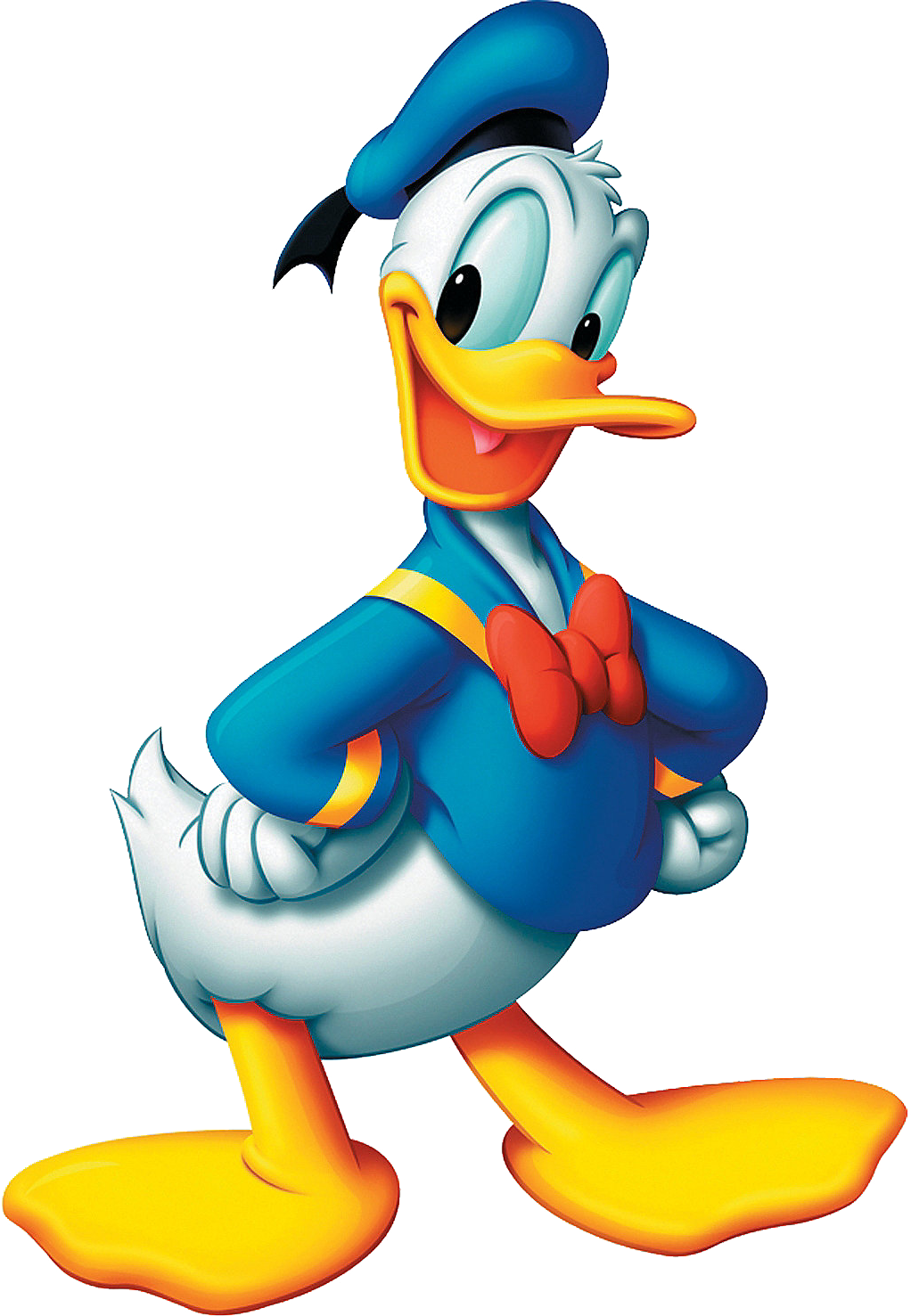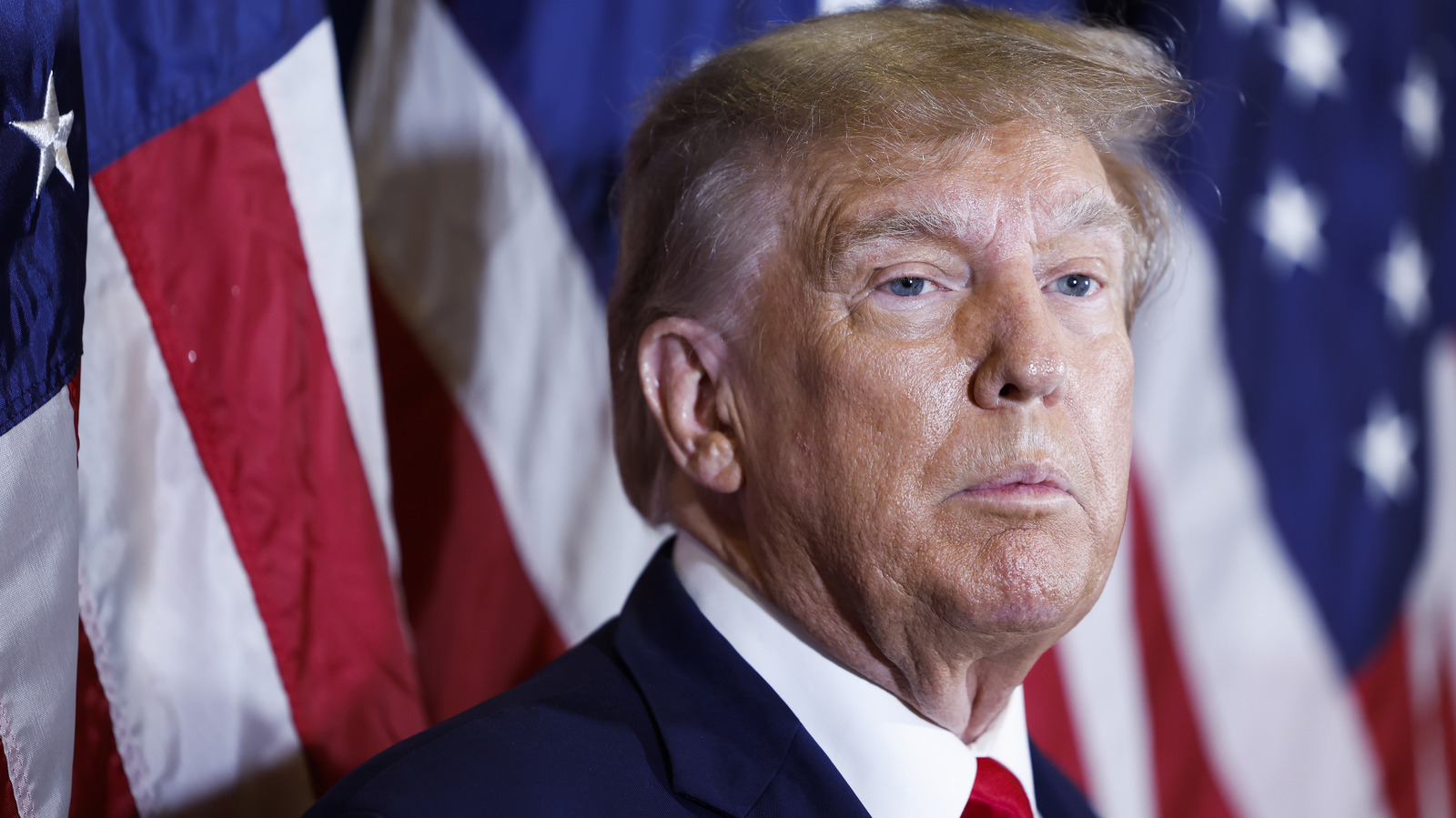Donald Sutherland's MASH Legacy: Rebel Surgeon To Screen Icon
Table of Contents
- Donald Sutherland: A Legacy Forged in Film
- The Genesis of M*A*S*H: A Film That Defined a Generation
- Donald Sutherland as Hawkeye Pierce: Crafting a Rebel Icon
- M*A*S*H's Monumental Success and Sutherland's Ascent
- From Hawkeye to Hollywood Mainstay: Sutherland's Diverse Career
- The Enduring Impact of M*A*S*H and its Stars
- The Passing of a Legend: Donald Sutherland's Final Bow
- Why Donald Sutherland's Hawkeye Remains Unforgettable
Donald Sutherland: A Legacy Forged in Film
Donald Sutherland, a name synonymous with versatility and an enduring presence in Hollywood for over six decades, left an indelible mark on the cinematic landscape. With nearly 200 credits to his name, his career spanned an astonishing range of genres and roles, from the gritty realism of war films to the chilling intensity of psychological thrillers, and the heartwarming depth of family dramas. Before his iconic turn as Hawkeye Pierce in *M*A*S*H*, Sutherland had already established himself as a formidable talent, notably in films like *The Dirty Dozen*. Yet, it was his portrayal of the rebellious surgeon that truly propelled him into the realm of superstardom, opening doors to a succession of memorable roles that would define his prolific career. His ability to embody such diverse characters—from the cool and cynical Hawkeye in *M*A*S*H* to the sexy and vulnerable protagonist in *Don't Look Now*, and the tragic father in *Ordinary People*—testified to his chameleon-like acting prowess. Owen Gleiberman aptly described him as "the most human of movie stars," a testament to his profound ability to connect with audiences on a deeply emotional level, regardless of the character's moral compass or circumstances. Donald Sutherland was not just an actor; he was a storyteller, using his craft to explore the multifaceted nature of the human condition.Personal Data: Donald Sutherland
| Category | Detail |
|---|---|
| Full Name | Donald McNichol Sutherland |
| Born | July 17, 1935, Saint John, New Brunswick, Canada |
| Died | June 20, 2024 (aged 88) |
| Nationality | Canadian |
| Occupation | Actor |
| Years Active | 1962–2024 |
| Notable Roles (Film) | Hawkeye Pierce (*M*A*S*H*), John Baxter (*Don't Look Now*), Calvin Jarrett (*Ordinary People*), President Snow (*The Hunger Games* franchise) |
| Key Awards/Honors | Honorary Academy Award (2017), Golden Globe Awards (2003, 1996), Emmy Award (1995) |
The Genesis of M*A*S*H: A Film That Defined a Generation
The 1970 film *M*A*S*H* (though nominally appearing as 'Mash' without punctuation on screen, it was widely known as M*A*S*H* in posters and trailers) was a groundbreaking black comedy that dared to find humor in the most grim of settings: a Mobile Army Surgical Hospital during the Korean War. Directed by the visionary Robert Altman, the film was a stark departure from traditional war movies, choosing to focus not on heroic battles, but on the psychological toll of conflict and the coping mechanisms of those on the front lines of medicine. The staff of this Korean War field hospital used humor and hijinks to keep their sanity in the face of the horror of war, a concept that resonated powerfully with audiences. The film's irreverent tone and satirical edge were perfectly suited to the turbulent era of the late 1960s and early 1970s, reflecting a growing disillusionment with authority and the ongoing Vietnam War. It wasn't just a movie; it was a cultural mirror, reflecting the anxieties and cynicism of a generation. *M*A*S*H* was a massive hit, a testament to its resonance, making an astounding $81.6 million on a modest $3.5 million budget. This financial success underscored its critical acclaim, which culminated in the film winning the prestigious Palme d'Or at Cannes, solidifying its place as a cinematic masterpiece.Robert Altman's Vision and the Cast Dynamics
Robert Altman's directorial style for *M*A*S*H* was unconventional and often chaotic, encouraging improvisation and a naturalistic feel that contributed significantly to the film's unique energy. This approach, while fostering raw performances, also led to creative clashes, particularly with his lead actors. The ensemble cast was a powerhouse of talent, featuring Donald Sutherland as Hawkeye Pierce and Elliott Gould as Trapper John McIntyre, alongside Robert Duvall, Sally Kellerman, Tom Skerritt, Roger Bowen, Gary Burghoff, Bud Cort, and Fred Williamson. The chemistry between Sutherland and Gould, in particular, was electric, forming the core of the film's comedic and dramatic tension. Interestingly, the roles were almost different. Gould initially told Altman that while he could put on a Southern accent for the character of Duke, he felt more confident about another role, Trapper John McIntyre. Altman, recognizing Gould's conviction and talent, made the change, a decision that undoubtedly contributed to the film's iconic dynamic. The film's portrayal of the doctors' coping mechanisms, often involving cruel practical jokes and irreverent humor, highlighted the psychological toll of war. As the narrative suggests, "There is something about war that inspires practical jokes and the heroes (Donald Sutherland, Elliott Gould, and cronies) are inspired and utterly heartless." A prime example of this dark humor is when they sneak a microphone under the bed of Major "Hot Lips" Houlihan and broadcast her lovemaking to the entire camp, a scene that, while controversial, underscored the film's boundary-pushing approach to comedy.Donald Sutherland as Hawkeye Pierce: Crafting a Rebel Icon
Donald Sutherland's portrayal of Hawkeye Pierce in the 1970 film *M*A*S*H* was nothing short of revolutionary. He crafted a character that was at once deeply cynical and profoundly compassionate, a brilliant surgeon who used humor and rebellion as his primary weapons against the insanity of war. Hawkeye was the quintessential anti-hero, defying authority, bending rules, and constantly challenging the rigid military hierarchy. His disdain for figures like Frank Burns, who blamed patients' deaths on "God's will or somebody else's fault," including "some kid who was stupid enough to believe him," encapsulated the film's biting critique of incompetence and hypocrisy within the military. Hawkeye, alongside Trapper John, embodied the spirit of resistance, finding solace and sanity in their shared defiance. Sutherland's Hawkeye was a complex figure, a man who, despite his irreverence, was deeply affected by the horrors he witnessed daily. His humor was a shield, his rebellion a coping mechanism. This nuanced portrayal allowed audiences to connect with the character on a deeper level, seeing beyond the pranks and the sardonic wit to the underlying humanity and vulnerability. It was a performance that set the stage for the character's later, even more widespread, popularity in the television series.Improvisation, Clashes, and Lasting Impressions
The creation of Hawkeye Pierce by Donald Sutherland was a testament to his acting prowess, particularly given the challenging environment on set. Sutherland was known to have improvised many of his lines and actions, contributing to the raw, unscripted feel of the film. However, this improvisational style often led to clashes with director Robert Altman, who, despite encouraging spontaneity, also had a specific vision for the film. These creative differences were well-documented, with Sutherland and Elliott Gould reportedly having significant disagreements with Altman over the direction and tone of their characters. Despite, or perhaps because of, these tensions, Sutherland's performance left a lasting impression on viewers. His Hawkeye was distinct from the more widely known portrayal by Alan Alda in the sitcom. Sutherland's version was grittier, more overtly rebellious, and carried a palpable sense of world-weariness beneath the humor. He embodied the spirit of the film's black comedy, where the laughter often felt like a desperate attempt to stave off despair. His ability to convey such depth and defiance, even amidst on-set friction, cemented his status as a formidable actor and ensured that his interpretation of Hawkeye Pierce would remain iconic in its own right.M*A*S*H's Monumental Success and Sutherland's Ascent
The success of *M*A*S*H* was nothing short of monumental. Beyond its critical acclaim and Palme d'Or win, its box office performance was staggering, making it one of the highest-grossing films of 1970. This commercial triumph had a profound impact on the careers of its lead actors, none more so than Donald Sutherland. After *M*A*S*H*, Sutherland became something of a superstar, his face and distinctive voice instantly recognizable. The film served as a powerful launchpad, propelling him from a respected character actor to a leading man in demand. In the years immediately following *M*A*S*H*, Sutherland frequently found himself cast in notable war films, capitalizing on the success and recognition he gained from his portrayal of Hawkeye. This period saw him solidify his reputation as an actor capable of delivering powerful and nuanced performances in challenging roles. The film's success not only cemented its place in cinematic history but also ensured that Donald Sutherland's career would flourish, leading him to an extraordinary array of roles that showcased his remarkable range and depth.From Hawkeye to Hollywood Mainstay: Sutherland's Diverse Career
Donald Sutherland's career trajectory post-*M*A*S*H* was a testament to his versatility and his refusal to be typecast. While his turn as Hawkeye Pierce made him a household name, he consciously sought out diverse roles that allowed him to explore different facets of human experience. He moved seamlessly from the cynical humor of *M*A*S*H* to the chilling suspense of *Klute* (1971), where he starred opposite Jane Fonda, and the psychological horror of *Don't Look Now* (1973), a film widely regarded as a masterpiece of the genre. His ability to inhabit vastly different characters with such conviction was remarkable. He could be the charming but manipulative professor in *Animal House* (1978), the emotionally distant father in the Oscar-winning drama *Ordinary People* (1980), or the formidable President Snow in *The Hunger Games* franchise (2012-2015), a role that introduced him to a new generation of fans. Sutherland's filmography reads like a history of modern cinema, featuring collaborations with some of the greatest directors and actors of his time. His consistent presence and consistently compelling performances ensured his status as a beloved actor and a true mainstay of Hollywood for more than 60 years.The Enduring Impact of M*A*S*H and its Stars
The film *M*A*S*H* holds a unique place in popular culture, not just for its innovative storytelling but for its lasting influence. It redefined the war genre, proving that humor, even dark humor, could be a powerful tool for social commentary and a means of exploring the human condition under duress. The film's characters, particularly Hawkeye Pierce and Trapper John McIntyre, became archetypes of rebellious wit and cynical charm, influencing countless characters in subsequent films and television shows. The film's legacy is intertwined with the careers of its stars. Donald Sutherland and Elliott Gould, in particular, saw their careers skyrocket after *M*A*S*H*. Their on-screen chemistry and the raw energy they brought to their roles were central to the film's success. The film's portrayal of the medical staff's dark humor and "almost metaphysically cruel" practical jokes, such as the infamous microphone prank on "Hot Lips" Houlihan, became legendary, showcasing how the horrors of war could push individuals to extreme coping mechanisms. This unflinching look at the absurdities and cruelties of military life, filtered through a comedic lens, resonated deeply and continues to do so.The TV Series Adaptation: A Different Beast
While the film *M*A*S*H* was a massive hit and inspired a hugely successful television series, it's crucial to note that director Robert Altman famously "hated the adaptation." The TV series, which ran for eleven seasons, took a decidedly different tone, gradually evolving from the film's sharp, black comedy into a more sentimental and overtly moralistic dramedy. Donald Sutherland created the iconic role of Hawkeye Pierce in the *M*A*S*H* movie, laying the groundwork for the character's persona. However, it was Alan Alda who took over the character in the sitcom, making it even more well known to a global audience. Alda's Hawkeye, while retaining the wit and anti-establishment streak, was generally softer, more overtly humanitarian, and less prone to the darker, more cynical edges that Sutherland brought to the role. This distinction highlights the different artistic visions behind the film and the series, yet both iterations contributed significantly to the character's enduring appeal and the overall cultural impact of *M*A*S*H*.The Passing of a Legend: Donald Sutherland's Final Bow
On June 20, 2024, the world mourned the passing of Donald Sutherland at the age of 88. His death marked the end of an extraordinary career that spanned over six decades, leaving behind a legacy of nearly 200 film and television credits. Tributes poured in from across the globe, acknowledging his immense talent and his profound impact on cinema. His agent, Missy Davy, confirmed his passing, reminding the world of his most celebrated roles, including those in *M*A*S*H*, *Klute*, and *The Hunger Games*. While he was perhaps best known to a younger generation as President Snow in *The Hunger Games* franchise, for many, he would forever be remembered as Hawkeye Pierce in the *M*A*S*H* movie. His passing prompted a re-evaluation of his vast body of work, highlighting his chameleon-like ability to transform into vastly different characters and his consistent delivery of powerful, memorable performances. Donald Sutherland was a beloved actor whose presence graced scores of films, from *The Dirty Dozen* and *Klute* to *Animal House* and *Ordinary People*, and from *Pride & Prejudice* to the blockbusting *Hunger Games* series. His contributions to film are immeasurable, and his absence will be deeply felt by audiences and fellow artists alike.Why Donald Sutherland's Hawkeye Remains Unforgettable
Donald Sutherland's portrayal of Hawkeye Pierce in the original *M*A*S*H* film remains an unforgettable performance, a cornerstone of his illustrious career. He imbued Hawkeye with a raw, defiant energy that perfectly captured the film's cynical spirit and its critique of war. His ability to improvise, clash with the director, and yet deliver a performance that felt so authentic and impactful is a testament to his unique talent. He showed us a Hawkeye who was not just a witty surgeon but a man pushed to the brink, using humor as a desperate shield against the horrors surrounding him. The enduring legacy of *M*A*S*H* and Donald Sutherland's pivotal role in it speaks volumes about the film's timeless relevance and the power of exceptional acting. It was a performance that launched him into superstardom, allowing him to explore an incredible breadth of characters throughout his long and distinguished career. As we reflect on his passing, it is clear that Donald Sutherland was more than just an actor; he was an artist who fearlessly explored the human condition, leaving behind a cinematic tapestry rich with unforgettable characters, none more iconic in its initial rebellious spark than his Hawkeye Pierce. What are your fondest memories of Donald Sutherland's performance in *M*A*S*H* or any of his other remarkable roles? Share your thoughts in the comments below, and consider exploring more about the enduring impact of this cinematic giant.
File:Donald Trump by Gage Skidmore.jpg - Wikipedia, the free encyclopedia

Donald Duck PNG

Donald Trump Makes History As First President To Be Arrested After